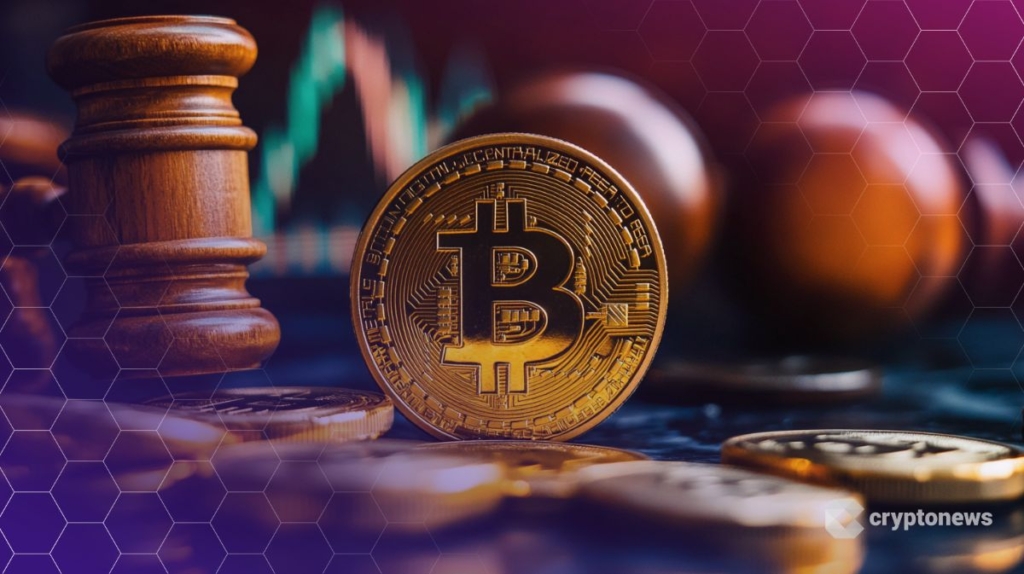In a significant ruling, Brazil’s Superior Court of Justice has determined that judges are now permitted to authorize the seizure of cryptocurrency assets from individuals who fail to meet their financial obligations.
This landmark decision underscores Brazil’s evolving stance on digital currencies, reflecting their acceptance as valid financial instruments.
The court’s Third Panel delivered a unanimous ruling that empowers judges to inform cryptocurrency exchanges of their intent to seize a debtor’s assets in order to settle unpaid debts.
Brazil Court Equates Crypto with Bank Accounts in Debt Enforcement
This ruling aligns crypto assets with the legal framework already applied to traditional bank accounts, which Brazilian courts can freeze or seize without providing prior notice to account holders.
An excerpt from the official court memo highlighted that, “Although they are not legal tender, crypto assets can be used as a form of payment and as a store of value.”
The ruling arose from a specific creditor’s case and garnered support from all five judges involved.
Minister Ricardo Villas Bôas Cueva, who serves on the panel, acknowledged that while comprehensive regulations for cryptocurrencies in Brazil are still lacking, various legislative proposals have characterized crypto as a “digital representation of value.”
The usage of cryptocurrencies has been steadily increasing in Brazil. A report from Chainalysis published in October ranked Brazil as the second-largest country in Latin America for total crypto value received, indicating a significant level of adoption.
O STJ decidiu que, se o devedor não paga a dívida reconhecida na sentença judicial, o juiz pode enviar ofício às corretoras de criptomoedas com a finalidade de achar e penhorar ativos digitais em seu nome. Conheça o caso: https://t.co/YGPFQpy1gl pic.twitter.com/ny5iT2hx1i
— STJ (@STJnoticias) April 3, 2025
Earlier this year, Binance received permission to operate in Brazil following its acquisition of a São Paulo-based investment firm, indicating a growing institutional interest in the cryptocurrency market.
However, the landscape of regulatory developments remains nuanced.
In December, Brazil’s central bank proposed new restrictions on stablecoin usage in self-custodial wallets, raising concerns among users who depend on dollar-pegged tokens for protection against the depreciation of the Brazilian real.
Brazil Embraces Digital Asset Technology
Brazil is steadily advancing toward the adoption of digital assets and technologies such as blockchain.
This year, the government announced plans to implement digital identification documents for the nation’s over 214 million citizens utilizing blockchain technology.
The decision to adopt blockchain for digital identity is motivated by its qualities of immutability and decentralization.
In addition to the digital identity initiative, Brazil is progressing toward the development of a central bank digital currency (CBDC).
In August, details emerged about the project, which has been rebranded as Drex.
The goal of the CBDC is to enhance business access to capital through a tokenization framework linked with Drex.
Most recently, Brazil’s central bank committed to tightening regulations and enhancing oversight of cryptocurrency platforms in response to the increasing adoption of digital currencies nationwide.
The post Brazil Authorizes Judges to Seize Crypto from Debtors in Landmark Ruling appeared first on Cryptonews.


























